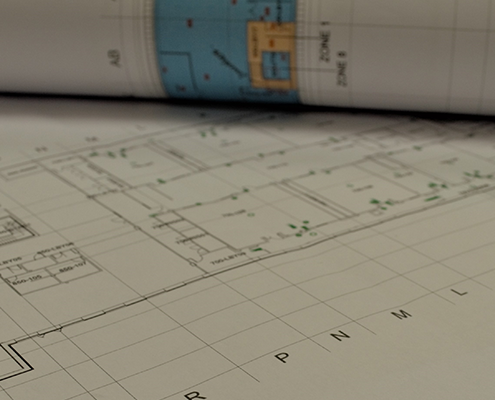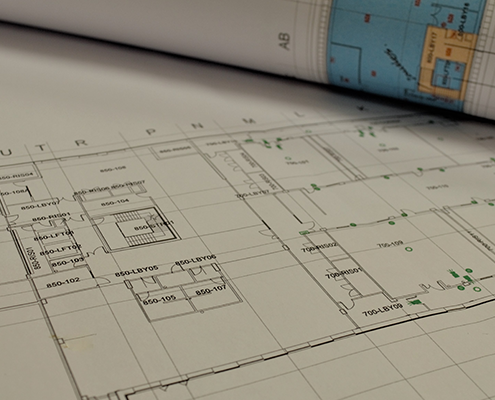Electric Heating vs. Conventional Wet System Heating: What’s Best for Your Home This Winter?
As winter approaches and the days get shorter, many of us are turning our thoughts to keeping our homes warm and cosy. In the UK, where temperatures can drop significantly, choosing the right heating system is crucial for both comfort and cost-efficiency. Two popular options are electric heating and conventional wet system heating (often known as central heating). Each has its own set of pros and cons, and understanding these can help you make an informed decision for your home this winter.
Electric Heating
Pros
- Ease of Installation: Electric heaters are generally easier and quicker to install compared to wet system heating. There’s no need for extensive pipework or a boiler; plug-in heaters or wall-mounted units can be set up with minimal disruption.
- No Maintenance Costs: Electric heating systems require less maintenance. There are no boilers to service or radiators to bleed, which can save you time and money in the long run.
- Zone Heating: Electric heaters can be used to heat individual rooms or zones, which means you can target warmth where it’s needed most. This can be more efficient if you only use certain rooms frequently.
- Lower Initial Costs: The upfront cost of purchasing and installing electric heaters is generally lower than installing a conventional wet system heating setup.
Cons
- Higher Running Costs: Electricity is often more expensive than gas, and electric heaters can be costly to run, particularly if used as the primary source of heating. This can lead to higher energy bills during the winter months.
- Limited Heat Distribution: Electric heaters may not provide the same level of consistent, whole-house warmth as a central heating system. They are often better suited for supplementary heating.
- Environmental Impact: Depending on how your electricity is generated, electric heating might have a larger carbon footprint compared to gas central heating. It’s worth considering the source of your electricity and looking into green energy options.
Conventional Wet System Heating (Central Heating)
Pros
- Cost-Effective Running Costs: Central heating systems that use gas are typically more cost-effective in terms of running costs compared to electric heaters. Gas prices are generally lower than electricity, which can result in lower bills.
- Whole-House Warmth: A well-designed central heating system provides consistent and even heating throughout your home. This can be especially beneficial during the colder months when maintaining a uniform temperature is important.
- Energy Efficiency: Modern condensing boilers are highly efficient and can significantly reduce energy consumption. Additionally, many systems are compatible with smart thermostats, allowing for better control and efficiency.
- Environmental Benefits: If you use a combination of a high-efficiency boiler and renewable energy sources, such as solar panels, your carbon footprint can be reduced compared to purely electric systems.
Cons
- Higher Initial Costs: The installation of a central heating system, including the boiler, radiators, and pipework, can be expensive. This is a significant investment, though it can pay off over time with lower running costs.
- Maintenance Requirements: Central heating systems require regular maintenance to ensure they operate efficiently and safely. This includes servicing the boiler and checking for any issues with the radiators and pipework.
- Installation Disruption: Installing a new central heating system can be disruptive, especially if it involves extensive work such as fitting pipes and radiators throughout your home.
Which Is Right for You?
Choosing between electric heating and conventional wet system heating depends on various factors, including your budget, the size of your home, and your heating needs. If you’re looking for a lower initial cost and easy installation, electric heaters might be a good choice. However, if you’re concerned about running costs and want consistent, whole-house heating, a conventional wet system could be more beneficial in the long run.
Before making a decision, consider getting a professional assessment of your home’s heating needs and energy efficiency. This can help you determine the most cost-effective and environmentally friendly option for your winter comfort.
Ultimately, the goal is to stay warm and comfortable without breaking the bank or harming the environment. By weighing the pros and cons of each system, you can make an informed choice that suits your home and lifestyle this winter.
Give Quinns a call to discuss how we can help keep you warm this winter.









Leave a Reply
Want to join the discussion?Feel free to contribute!